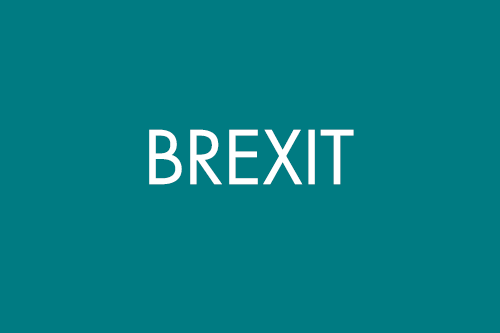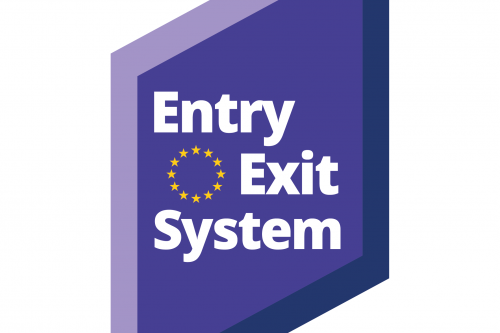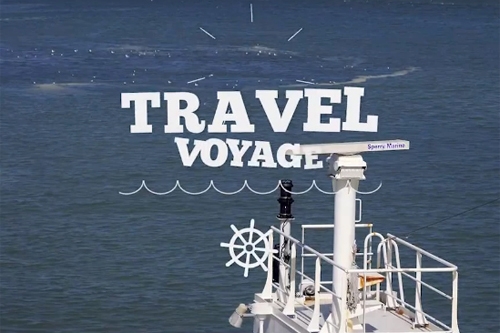BREXIT: the port of Calais will be ready
Published on 15.01.2019
On 29 March, Brexit will come into effect; the United Kingdom will leave the European Union. Since June 2016 when Britain voted in favour of Brexit, the Port Boulogne Calais has been preparing for the possibility of a "no deal" version of Brexit, working to adapt its infrastructure to meet new customs obligations while ensuring a smooth flow of traffic.
As soon as the Brexit vote was announced, the Port Boulogne Calais anticipated a Brexit with no withdrawal agreement with the European Union. So for more than two years, the Port Boulogne Calais has been working in close, intense collaboration with all stakeholders: government services, transport associations, maritime operators, the Hauts-de-France region, the owner of the port, veterinary inspection services ... The purpose of this collaboration: to help the port of Calais maintain a smooth border crossing while meeting the new obligations in terms of customs controls and declarations.
New infrastructure for controls and new declarations areas
The Port Boulogne Calais has developed a programme of infrastructure arrangements throughout its port site to meet the needs of border, customs and veterinary controls.
Several areas dedicated to documentary declarations or controls will come into being.
Control zones for live animals and a VPIS (Veterinary and Phytosanitary Inspection Services) will be set up and an export declaration zone for Freight that can accommodate 200 HGVs will be created on the current “East port”.
All these measures have been designed to be scalable and to adapt according to the through-traffic and the level of controls to be deployed in line with the final Brexit agreements, which are currently still unknown. In addition to these new developments, port staff have been trained and prepared for these new arrangements.
In parallel to these "physical" arrangements made available to government services, an intelligent system will be put in place. All declarations will be made in the customs declaration system before passing through the port of Calais. When passing through the port, a connection will be made between the vehicle’s registration plate and the electronic customs documents. This pairing system will avoid any physical formalities and ensure optimal fluidity
The cost of all these provisions is estimated at 6 million euros.
Until the various unknowns that still surround the United Kingdom’s exit from the European Union are resolved, the Port of Calais remains ready to welcome its Tourist and HGV customers by offering them the best possible service from 29 March.








